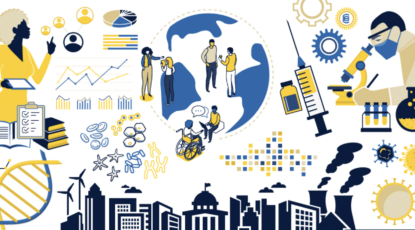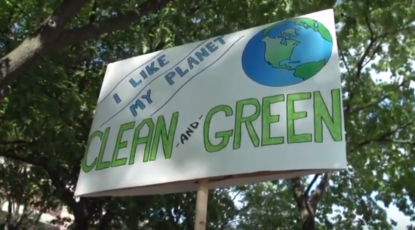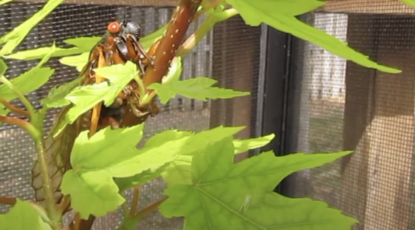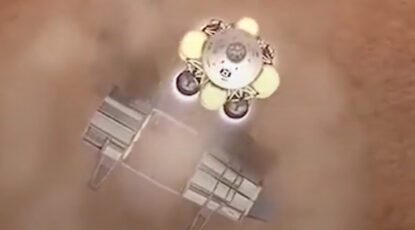Science and Technology
-
Most victims of data breaches are unaware
The number of data breaches and victims is rising, but few of us recognize the true extent and impact of the damage. Interestingly, the fault almost always lies with insufficient security practices by the affected company. Plus: ‘Guide to Avoid Data Breaches.’
-
Good science changes: That’s a good thing
Throughout history, the process of discovery has always involved correcting mistakes, clarifying our understanding, and adding deeper shades of nuance. These changes in our knowledge are features of science, not bugs.
-
Trapping ocean microplastics
Some 8 million tons of plastic trash enter the ocean each year, most of which is battered into microplastics. U-M researchers can now spot these harmful flecks, tracking where they enter the water, how they move, and where they tend to collect around the world.
-
U-M commits to carbon neutrality universitywide
President Schlissel at May 2021 Regents meeting: U-M will achieve carbon neutrality across all greenhouse gas emission scopes, committing to geothermal heating and cooling projects, electric buses, and more.
-
17-year cicadas and tree damage: What to expect
The cicadas can damage small trees and shrubs so the best defense is to cover vulnerable or smaller trees with mesh or netting; insecticides should not be used, experts say.
-
Toddler with spina bifida meets paralympian: “She has crutches like me”
A young patient’s reaction to a commercial featuring gold medalist and double amputee Jessica Long goes viral, leads to a Zoom introduction.
-
COVID-19 vaccine to be required for students who live on campus
The new requirement provides for exemptions and applies only to students who will live in residence halls and other University housing.
-
Patient rounds get a technical upgrade
Out of crisis comes opportunity — and with COVID-19 derailing traditional hospital rounds, U-M researchers have found a way to bring caregivers safely to the bedside.
-
Sticking the landing on Mars: High-powered computing reduces guesswork
NASA’s Mars Perseverance Rover touched down on the Red Planet’s surface Feb. 18. U-M’s Jesse Capecelatro has been working with NASA to better understand what happens during landings when surface particles are stirred up.










